I think I’ve always had an affinity for herbs and the natural world. As a toddler, my mom said I used to just wander our property, observing and sitting with the plants. She had to watch me closely, because I tasted everything if I got the chance! While my senses were always attenuated to the natural world I didn’t begin to study medicinal herbs more closely until I was a teenager. I became interested in herbalism because I had health challenges myself that made me start looking at nutrition and natural means of healing. Herbalism was also what brought me to Naturopathic medical school, so it’s been a guiding light for me in many ways.
What is the main focus of your work within the realm of herbalism?
In my private practice, I work primarily with women that have chronic digestive issues and/or autoimmune disease. But my focus within that population is generally using the herbs for longterm, nourishing, restorative and emotional healing work. I’m a huge proponent of teas, and that’s how I prescribe a lot of my herbal preparations. I also am focusing more these days on bringing people outside and connecting with the plants directly as a healing modality.
What advice would you give to budding herbalists just starting out?
Use all of your senses to get to know the plants and the spaces they live in. Practice building the acuity of your senses. Learn about the mycorrhizal connections that unite the plants in a space. Deeply connect with your bioregion if you are able, and plant native species often.
So very many, but if I had to choose, the work of Robin Wall Kimmerer has been my largest inspiration in the last few years, particularly her two books, Braiding Sweetgrass and Gathering Moss. I also consider natural plant relationships a lot in my practice, and am very interested in art and design. Relating to that, The Garden Awakening by Mary Reynolds has been hugely influential for me in the last couple years. I’ve always resonated with the work of Susun Weed and was introduced to medicine making techniques by her and the work of Rosemary Gladstar. I love the reclamation of an astrological and alchemical perspective of herbalism presented by Sajah and Whitney Popham at the School of Evolutionary Herbalism. Finally, I get into my kitchen-witch mode by following the Gather Victoria blog, which is put forward by Jennifer Aikman and Danielle Prohom Olson.
Where do you see the future of herbalism going in the next few years?
I think there will be an even bigger push toward educating individuals on how to make their own medicine and what they can use within their own bioregion. I also think there is a great urge rising for individuals to explore their own, individual ancestral relationship to herbalism. As people connect with their own ancestors, it will be natural for them to further explore those methods of healing.
Do you have a favorite plant or two at the moment?
I’m really connecting to the spring-time pioneers at this time of the year in Maine. I’m enjoying the flavors of the season; the bitterness of dandelion, the light sweetness of violets, the combination of those two flavors in the hosta shoots. Their awakening is waking me up from Wintertime.
If you had to choose, what would be your top five deserted island herbs? (the only herbs you could have while stuck on a deserted island)
This is such an epic question! Here they are: Nettles, White Pine, Plantain, Hawthorn, Lemon balm.
When I was a medical student I worked frequently as a medical actor, so I would be a standardized “patient” for the upper class-men and interns that were completing exams or needed additional practice with diagnostic techniques. It was an opportunity to educate future doctors on how to refine their sensitivity as practitioners, and it taught me a lot about the experience of the patient that I may not have gotten otherwise. It also gave me a lot of writing material for short stories I’ve worked on since.
What made you want to be a part of Herbstalk?
I really loved the accessibility of the event and believed in the mission of finding unique ways to look at and work with plants. These kinds of community events that are open to all will become even more important in the future, I think, and I wanted to be part of that.
You can view more about her work and practice at her website
and can join her plant walk on Evergreen Herbalism
taking place on Sunday, June 3rd.
Check out the full class schedule here!


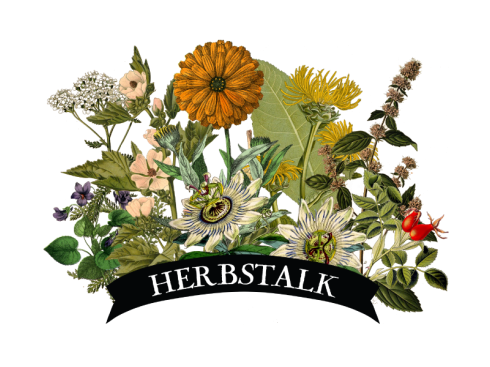
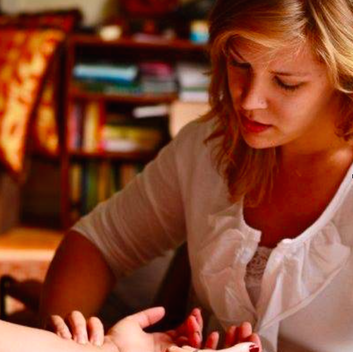
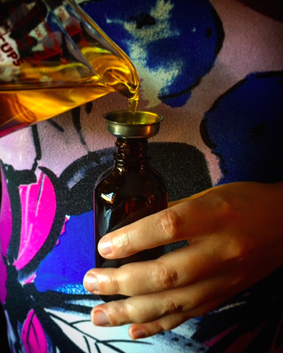
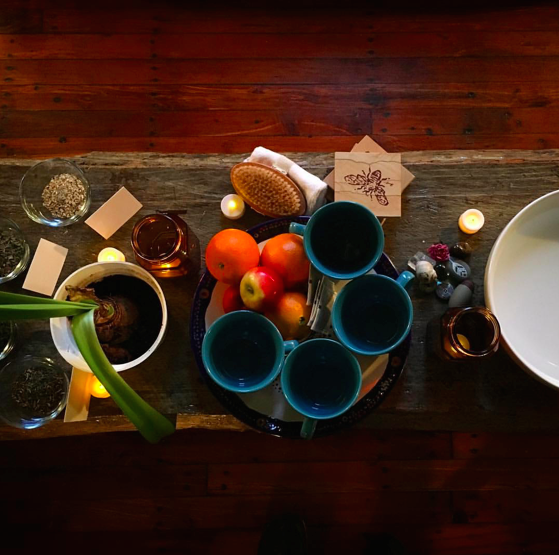
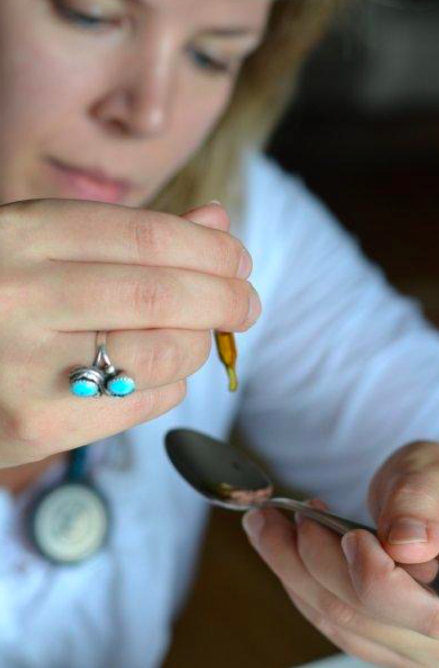
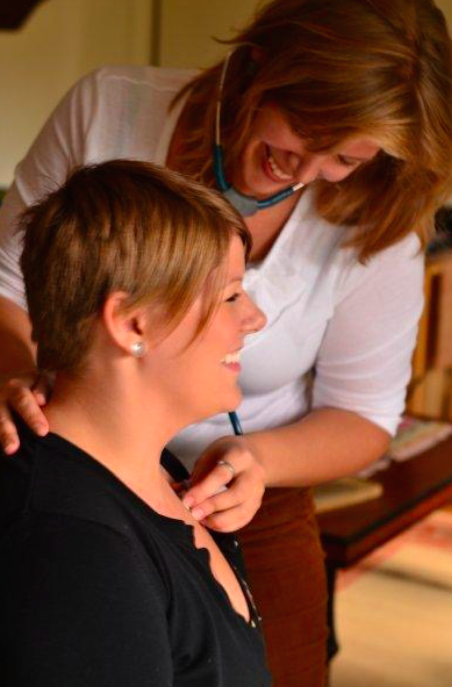
 RSS Feed
RSS Feed